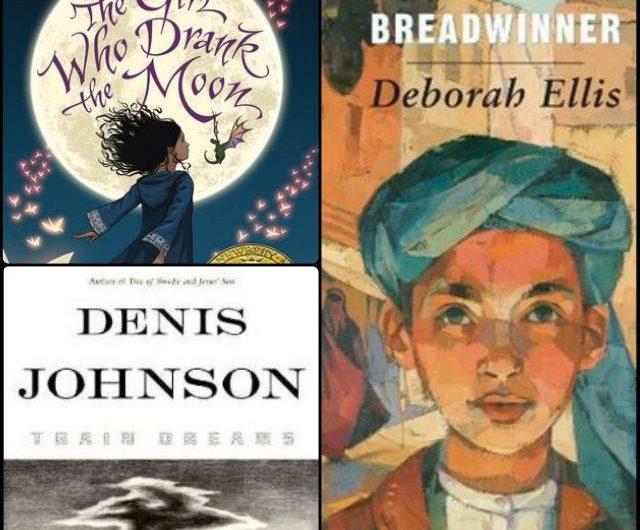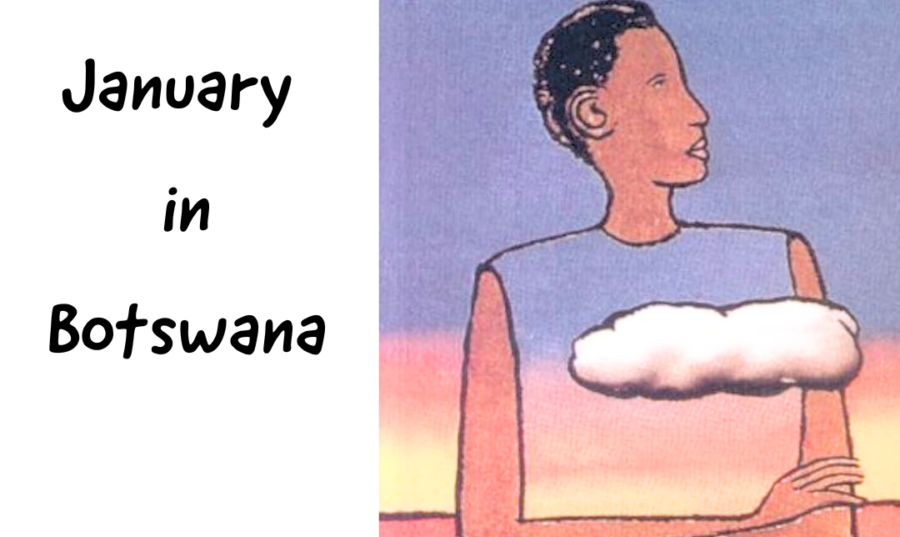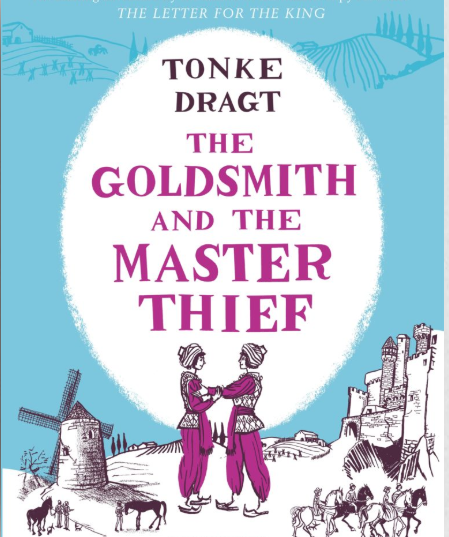Over the past week, I finished reading three books. Two of them were extremely slim volumes, and absolute pageturners, which made it very easy for me to finish them quickly. Here are my reviews.
Train Dreams by Denis Johnson
Train Dreams pulled me in right away with its opening lines,
In the summer of 1917 Robert Grainier took part in an attempt on the life of a Chinese laborer caught, or anyway accused of, stealing from the company stores of the Spokane International Railway in the Idaho Panhandle.
The Chinese man escaped but he is all Grainier can think for the rest of the time until he reaches home. Because Grainier ultimately is a good man, and all he really cares about is his wife and daughter. Train Dreams is all of 116 pages but it is a vivid composite of Grainier’s entire life, and the progress of America as a whole as seen through his eyes, within its folds. Grainier, who is a railroad worker in the great American West at the beginning of the 20th century, leads the better part of his life all alone, in a cabin in the woods, having lost his family to a great tragedy. And his vast emptiness and desolation that he feels brims over in these pages.
It’s this sparseness that’s mirrored in Johnson’s illuminating prose. The novel did remind of Jack Kerouac’s On the Road, with its multiple trips taken on trains and highways. The imagery of trains along with beautiful descriptions of the vast landscape makes it feel like we are on a road trip with the pioneers.
Ten days later, when the Spokane International was running again, Grainier rode it up to into Creston, B.C., and back south again the evening of the same day through the valley that had been his home.
The realism comes off in waves, and there is a certain melancholy that hugs the words on every page as Grainier goes through life witnessing deaths, loss, and a rapidly transmogrifying America that leaves his grasp. Towards the end, all he is left with are wisps of memories – of his family, of his friends, and his homeland.
Though the signs of destruction were fading, it was a very different place now, with different plants and therefore with different animals. The gorgeous spruce had gone. Now came almost exclusively jack pine, which tended to grow up scraggly and mean.
Grainier’s profession might have been ordinary but his life was not, when seen through Johnson’s lens.
This book is like a miniature painting filled with the richness of American myth and the romance of the frontier. Loved it.
Rating: 5/5
The Girl Who Drank the Moon by Kelly Barnhill
I have been reading more of YA thanks to SM and I picked up Kelly Barnhill’s The Girl Who Drank the Moon as part of a read-along with her. Barnhill’s fantasy/fairytale is exquisitely written and is, surprisingly, classified as reading for middle-graders. I said surprisingly because I thought the book went above and beyond that level with its several shades of darkness, and its layered and matured storytelling.
Barnhill subverts stereotypes with characters like Xan, a kind witch, Fyrian, an adorable little dragon, Glerk, a poetic and wise monster, and Sister Ignatia who thrives by feeding on the Sorrow of others. And of course we have Luna who “drank deeply from the moon” and was “enmagicked.”
Although Barnhill avoids stereotypes at the micro level, there is the overall theme of good vs evil running through the entire book, and some of the other characters fall into one of those slots very easily. Antain, for instance, who is the trainee at the Protectorate is a good man who wants to put an end to the horrendous practice of sacrificing babies to appease the witch, and so is his wife who is all pure heart and love.
The book has some highly extremely quotable lines sprinkled with gentle wisdom and thought. Here are three of my absolute favourites –
“My love isn’t divided,” she said. “It is multiplied.”
“Death is always sudden,” Glerk said…”Even when it isn’t.”
“Curiosity is the curse of the Clever. Or perhaps cleverness is the curse of the Curious.”
I loved this book for its shimmering prose, and its band of enigmatic and lovable characters. I wish I had a dragon like Fyrian! (No, I am not thinking of GoT). Most of all, this is a tale very well told.
Rating: 5/5
The Breadwinner by Deborah Ellis
When the movie version of The Breadwinner came out I firmly desisted from watching it because I wanted to read the book first. Set in Afghanistan during the time of the Taliban, The Breadwinner is a sensitive, and informative (for children) read about Afghan life and culture before. It is also about the bravery of 11-year-old Parvana who is forced to dress up as a boy so that she can get a bare minimum wage and buy food for her family.
In 2014, The Guardian came out with an article (originally published in the New York Times) about bacha posh or Afghan boys dressed as girls, which had become a common occurrence in Afghanistan, and parts of Pakistan, and Iran, societies where women have no ground to stand on. Families with two or three girl children encourage at least one of them to become a boy so that she gets an education, can escort the women whenever they need to go out, and can generally lead a very different life.
Ellis’ book is groundbreaking because it was published in 2001, long before the NY Times ever got wind of the existence of bacha posh. Although, the reason for Parvana dressing up as a boy is driven by the need to support her family it still is an eye-opening narrative about how the Afghan society used to function before and after the Taliban. Similar to Iran, Afghanistan, especially Kabul, used to be a liberal minded society where women dressed the way they wanted and were well-educated. Parvana’s university-educated parents belonged to this era, where her mother had enjoyed her job as a writer for a Kabul radio station.
“Kabul was the hot spot of central Asia,” Parvana’s mother and father used to say. “We used to walk down the streets at midnight, eating ice cream…It was a city of lights, progress and excitement.”
Her older sister, Nooria,
“remembered whole sidewalks, traffic lights that changed color, evening trips to restaurants and cinemas, browsing in fine shops for clothes and books.”
Parvana has never experienced any of this and it’s very hard for her to even imagine a world like this. But she creates a small world of her own, and in small ways, finds her own freedom.
Really enjoyed reading this book, and am waiting to read part two.
Rating: 4/5



